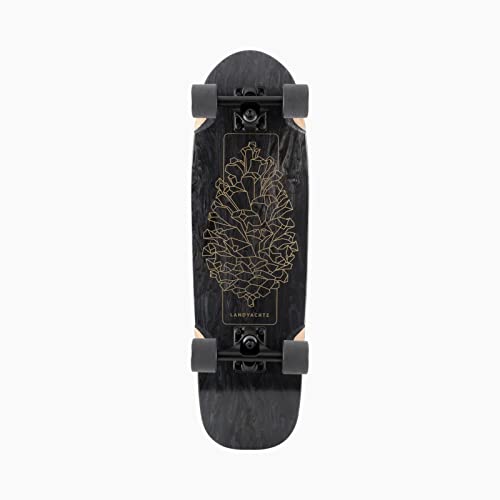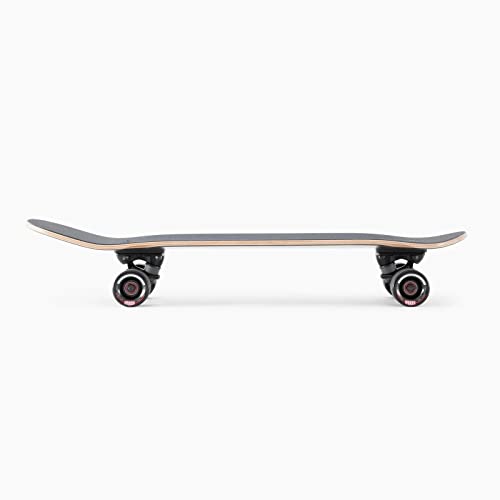




Landyachtz Dinghy 28 Complete Skateboard
Category: landyachtz cruiser

While the global economy continues to evolve, the manufacturing industry remains a critical component, driving innovation, job creation, and economic growth. In recent years, the industry has undergone significant transformations, adapting to shifting market demands, technological advancements, and changing consumer preferences.
One of the most notable trends in modern manufacturing is the rise of automation and robotics. Manufacturers are increasingly incorporating advanced technologies, such as artificial intelligence, machine learning, and the Internet of Things, to streamline production processes, enhance efficiency, and improve product quality. This integration of smart technologies has led to the emergence of the "smart factory" concept, where interconnected systems and devices work in harmony to optimize manufacturing workflows.
Alongside the technological revolution, the manufacturing industry has also witnessed a heightened focus on sustainability and environmentally-conscious practices. Manufacturers are now more mindful of their environmental impact and are actively seeking ways to reduce waste, conserve resources, and adopt renewable energy sources. This shift towards green manufacturing not only aligns with global sustainability goals but also appeals to environmentally-conscious consumers who are increasingly demanding eco-friendly products.
Furthermore, the manufacturing industry has seen a growing emphasis on customization and personalization. Consumers today expect products that cater to their individual preferences and lifestyles. Manufacturers have responded by implementing flexible production techniques, such as mass customization, to meet these evolving demands. This ability to quickly adapt and produce tailored goods has become a key competitive advantage for many manufacturers.
Another significant trend in the industry is the shift towards servitization, where manufacturers are transitioning from solely providing physical products to offering integrated solutions that encompass services, maintenance, and after-sales support. This servitization model allows manufacturers to establish stronger relationships with their customers, create new revenue streams, and differentiate themselves in the market.
Globalization has also had a profound impact on the manufacturing landscape. Manufacturers now operate in an interconnected global market, with supply chains that span multiple countries and regions. This global reach has presented both challenges and opportunities, as companies navigate complex logistics, cultural differences, and trade policies. Successful manufacturers have learned to adapt to this dynamic environment, leveraging global resources and diversifying their operations to mitigate risks and capitalize on new market opportunities.
Additionally, the manufacturing industry has placed a greater emphasis on workforce development and skills training. As technology continues to evolve, manufacturers recognize the need for a highly skilled and adaptable workforce that can operate and maintain advanced production systems. Collaboration between industry, educational institutions, and governments has become crucial in developing training programs that equip workers with the necessary skills to thrive in the modern manufacturing landscape.
In conclusion, the manufacturing industry is undergoing a transformative phase, driven by technological advancements, sustainability initiatives, customization demands, servitization, and globalization. Manufacturers who embrace these trends and adapt their strategies accordingly will be well-positioned to capitalize on the opportunities presented by the evolving industry landscape.
product information:
| Attribute | Value |
|---|

















